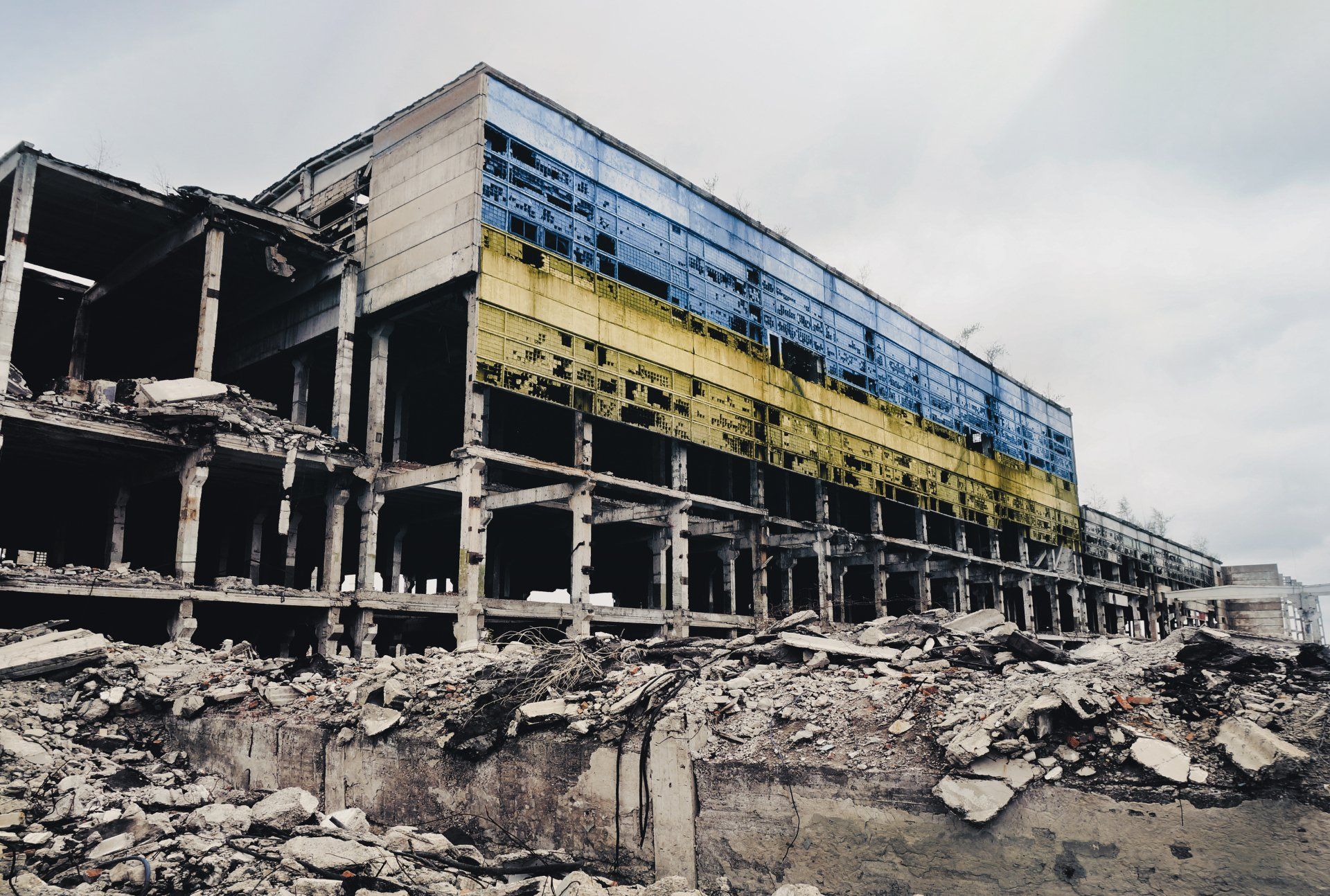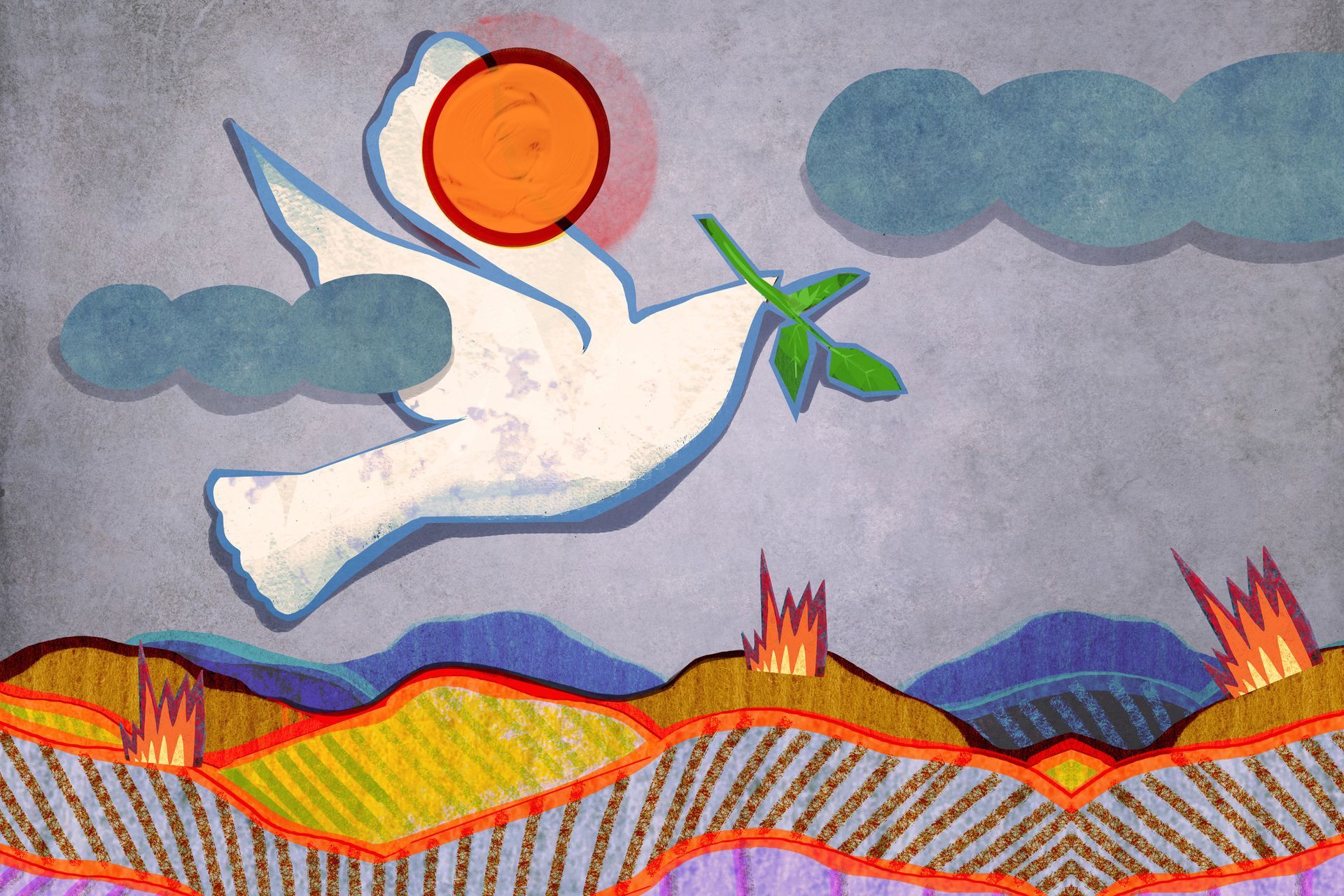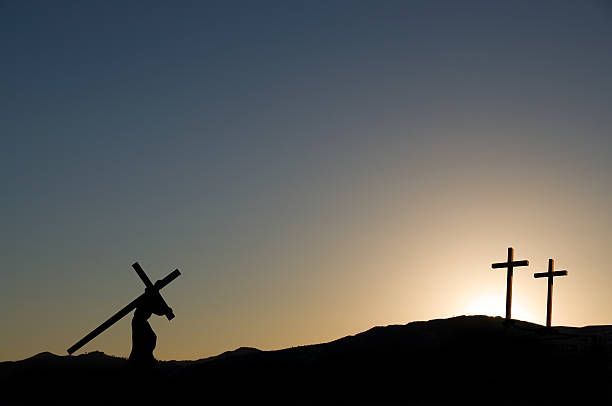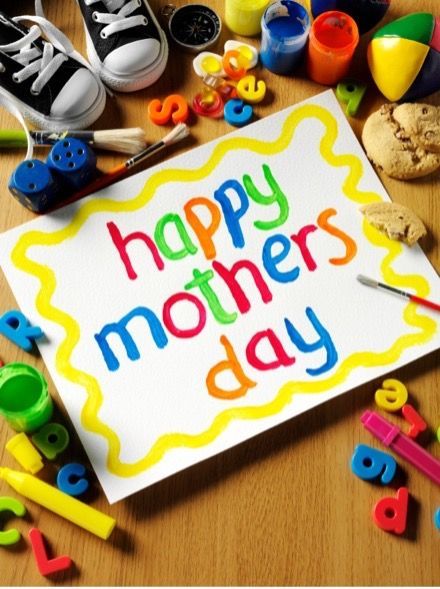Not Again!!!

There are some people still around whose memory goes back to the grim days of death and destruction during World War II and many have seen pictures of the devastated landscape after the battle of Passchendaele. I think that all of us had hoped, even assumed, that such devastation was a thing of the past in Europe. We are used to wars happening far away on other continents but not in our own backyard and involving us more directly with daily detailed images and reports of the ‘progress’ (?) of what was entitled simply a ‘special operation’.
The optimism at the beginning of World War I was that ‘It will all be over by Christmas’. Vladimir Putin’s plan was probably even more optimistic than that, ‘over by the summer’ was likely to have been his thinking when he decided to attack Ukraine. What could the tiny ‘David’ of Ukraine do in the face of the ‘Goliath’ of Russia? But, as the Bible shows (1 Samuel 17), little ‘Davids’ have a way of being resilient and fighting back.
War is never predictable and the only thing that can be said about the present conflict in Eastern Europe is that it is likely to be a drawn out affair. Ukraine has shown the ‘No surrender’ spirit of the British in the last World War and now has the support of other nations who, for various reasons, moral or political and strategic, do not wish Russia to be successful. Russia is dominated by a man who cannot contemplate losing because of his paranoia about threats from the West, his desire to go down in history as one of Russia’s great leaders (like Stalin?) or his aim simply to regain territory he regards as essentially Russian. It will be difficult to get him to change his mind. I was reminded, as I sat down to write this blog, of an old word from the 16th century, mumpsimus, which means someone who insists that they are right despite clear evidence that they are not. The term would seem to apply to Mr Putin, and perhaps to most of us at some time or other.
The ‘total war’ strategy, which Putin seems to be using, involves widespread devastation of the land and the terrorising of the population. It was a strategy used by Hitler in World War II, and by the Babylonians when they sacked Jerusalem in 587BC and took the people into exile (2 Chronicles 36.17-21), and by the Romans when they destroyed Jerusalem in 70AD.
We might well say, ‘Not again’, as Russia attacks Ukraine. The pictures we see of blocks of flats rendered useless by rocket strikes from air, sea and land, and other civilian centres targeted, remind us of the awfulness of war, and war-makers, in this century and the last. They bring back memories of the sacrifice and service, by both military and civilians, that we recall on Remembrance Day and now acknowledge is still happening in Ukraine, even as you read this blog.
Let us pray for peace and work for peace in whatever way we can, in our own homes and communities as well as in the wider world. St Paul in his advice on Christian living says, ‘Do everything possible on your part to live in peace with everybody’ (Rom.12.18[GNB]).










